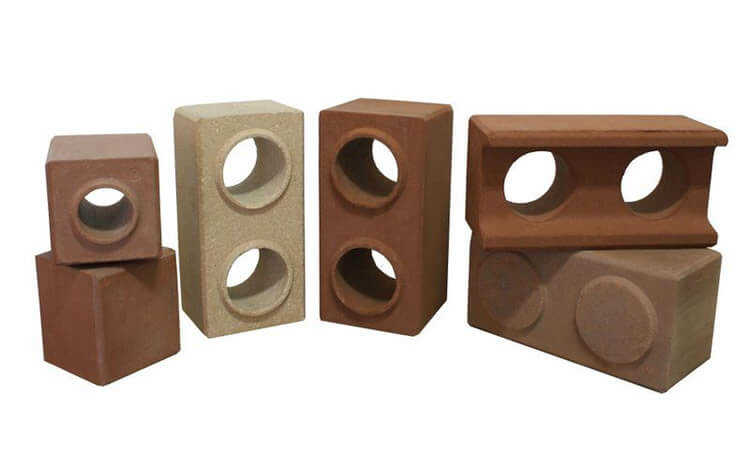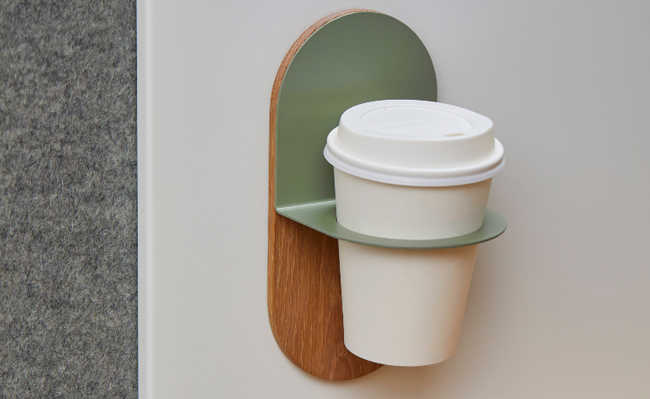Deployment of a solar energy system in condominiums: is it feasible?
Today it is possible to install photovoltaic panels in your condominium and produce solar energy that will be deducted from the electricity bill. And this can even generate profit

The use of solar energy is constantly growing. Among all alternative energies, this is the one that receives the most investment in development every year (learn more about it in the article "What is solar energy and how does the process of generating electricity via solar radiation work?"). About 185 million solar panels were installed in the world between 2014 and 2015, and what was previously concentrated in rich countries is now meeting the demand of developing countries. This energy is considered clean because it is a carbon neutralizing technique, is practically inexhaustible, accessible to consumers and presents a good cost/benefit ratio (learn more in the article "Carbon neutralization techniques: renewable energies").
Residential application is also becoming more common, after the National Electric Energy Agency (Aneel) resolution 482/2012 on distributed solar energy. Brazilians can generate their own electricity from renewable sources or qualified cogeneration, in addition to receiving credits on the surplus produced - this production is called microgeneration (less than 75 kW) and distributed mini-generation (greater than 75 kW). This encouraged the investment of homes in photovoltaic panels, as they provide energy independence, cause less impact on the environment and can even generate profits. In addition to generating electricity, solar panels can be used to heat water, which also saves electricity or gas.
But is it possible to install a photovoltaic system in buildings? Yes, today it is possible to make your condominium more sustainable using solar energy through shared generation stipulated by resolution 687/2015 of Aneel. This shared generation is carried out by multiple consumer units, such as condominiums. The electricity generated will be shared between all apartments and also in common areas.
Let's better understand how the installation of solar panels for electricity generation works… A specialized company will analyze the feasibility of the case and propose a project with a customized solar energy system, in this case, for your condominium. All documentation is required together with the energy distributor and its approval. Afterwards, it is possible to install solar collectors and start generating ready-to-use energy; at night, the user must consume the utility's energy, since there is no sun. However, in case the energy injected into the grid is greater than the energy consumed, the generator receives such credit that can be used to deduct from its own end-of-month bill or from another location's bill; for example: a family member's house (being in the same state), generating profits for the user. Therefore, in addition to reducing expenses with energy coming from the concessionaire, if the production of panels is greater than the local consumption, residents can earn credits.
There are a few options for installation locations: the roofs of each building are the most suitable locations, as they receive more solar radiation. But if the installation area is small, the project may not be viable; or if your condo has a large outdoor area, install it in common areas. There is also the option of installing the plates on the facades of buildings, but it is still not so common. The size of the installation space will interfere with the amount of energy generated, but even in small areas, there will be a way to reduce the electricity bill for the subsequent months.
If problems like lack of space, low level of solar radiation or any other make the project unfeasible, don't worry. There is another solution that will be available in the near future. Today there are so-called solar condominiums, which are large areas containing several photovoltaic panels, similar to the one in the photo below.

Some of these solar condominiums are already in operation, mainly in the Northeast and Southeast - other projects are planned for other regions. Your condominium can buy or rent lots of photovoltaic plates. The principle works as explained above: the energy produced by your lot goes to the distribution network and this energy will be shared with the owner of the lot. However, Aneel only allows consumers to use these energy credits within the same concession area, that is, in the same state as their lot.
So with this new change in legislation, installing a solar energy system in condominiums has become easier and can bring profit to generators. Savings on the electricity bill can be reversed in condominium improvements, in addition to adding value to the property.
Watch the video on how residential solar power generation works.










